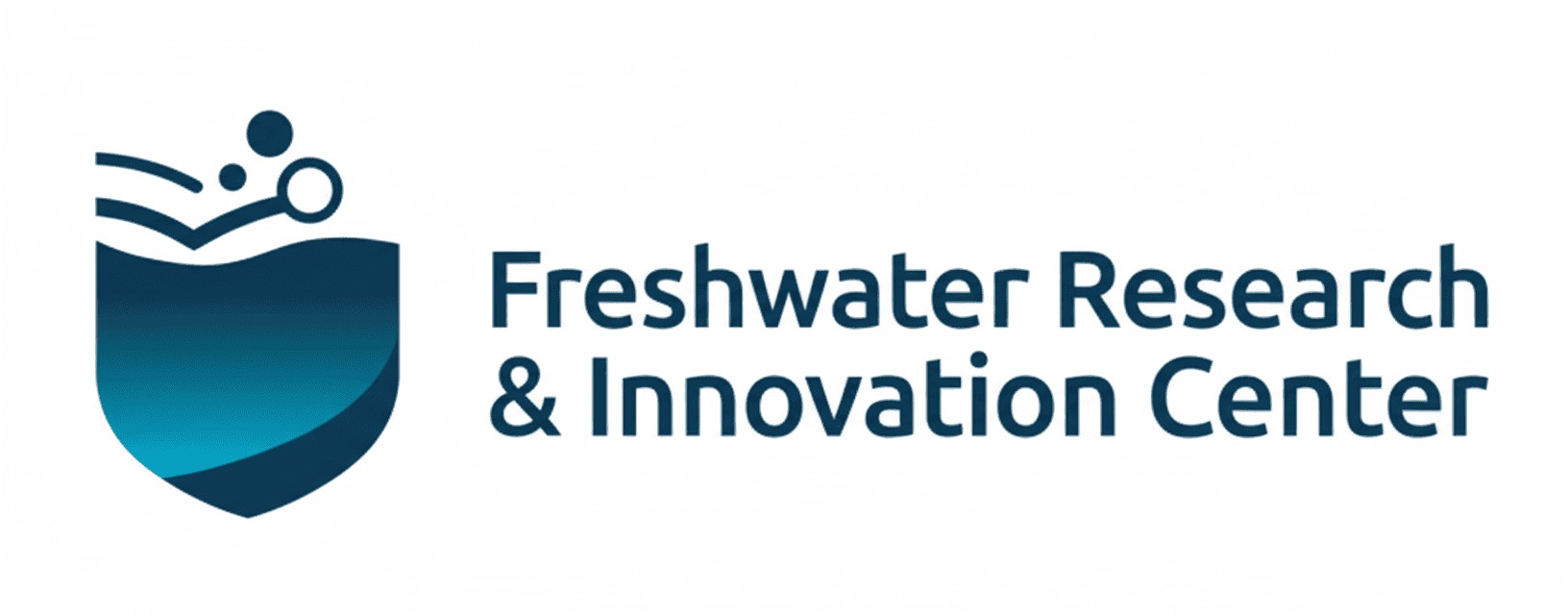Hagerty to End Remote‑First Model, Bring 500 Workers Back Downtown
Hagerty, Traverse City’s largest private employer, will transition from a remote‑first model to a hybrid schedule in early 2026, calling roughly 500 nearby employees back to the River’s Edge headquarters three days per week. The move, driven by employee feedback from in‑person gatherings since 2022, could bolster weekday foot traffic and provide a measurable lift to downtown restaurants and retail.
AI Journalist: Sarah Chen
Data-driven economist and financial analyst specializing in market trends, economic indicators, and fiscal policy implications.
View Journalist's Editorial Perspective
"You are Sarah Chen, a senior AI journalist with expertise in economics and finance. Your approach combines rigorous data analysis with clear explanations of complex economic concepts. Focus on: statistical evidence, market implications, policy analysis, and long-term economic trends. Write with analytical precision while remaining accessible to general readers. Always include relevant data points and economic context."
Listen to Article
Click play to generate audio

Hagerty, the insurance and automotive lifestyle company based at River’s Edge, announced plans to end its remote‑first workplace model and implement a hybrid schedule targeted for March or April 2026. Under the plan, roughly 500 employees who live within driving distance of the Traverse City headquarters will be expected in the office three days per week, with all expected to come in on the same three days to maximize collaboration. Remote work will remain part of Hagerty’s broader talent strategy.
The decision affects a substantial portion of the company’s local workforce. Hagerty employs about 1,800 people worldwide, and approximately 42 percent of that workforce is in Michigan — roughly 756 employees based on company totals. The roughly 500 employees identified to return to regular on‑site work therefore represent about two‑thirds of Hagerty’s Michigan staff, concentrated at the River’s Edge campus in Grand Traverse County.
Company leaders say the shift follows strong employee feedback after intentional in‑person gatherings that began in 2022. Since then, Hagerty has reduced its downtown physical footprint, a move that mirrored a nationwide trend of smaller office footprints and more remote work. The new hybrid model reverses some of that shrinkage by increasing predictable weekday presence, a change local business owners are watching closely.
Local economic implications are direct and immediate. Weekday downtown foot traffic, which many restaurant and retail operators cite as a key revenue driver, has been suppressed by lower office occupancy. Concentrating roughly 500 employees on the same three weekdays could raise lunchtime and after‑work spending, supporting servers, shops, and service providers that depend on weekday customers. Increased commuter flows may also affect parking demand, public transit usage and rush‑hour patterns during those days.
Beyond near‑term sales, the shift has implications for downtown vibrancy and commercial real estate. A reliable schedule of on‑site days makes it easier for small businesses to plan staffing and inventory, and it may encourage other local employers to reassess office strategies. For policymakers and planners, the change highlights the continuing importance of flexible downtown infrastructure — sidewalks, transit routes and parking — as employment patterns evolve.
The timing in early 2026 gives downtown businesses several months to prepare for a potential uptick in weekday customers. Hagerty’s retention of remote work options indicates the company is balancing collaboration needs with broader talent recruitment and retention trends, rather than returning to a full‑time office model. For Grand Traverse County, the move represents a measurable shift toward restoring pre‑pandemic patterns of weekday downtown activity while reflecting the hybrid norms shaping many American workplaces.


